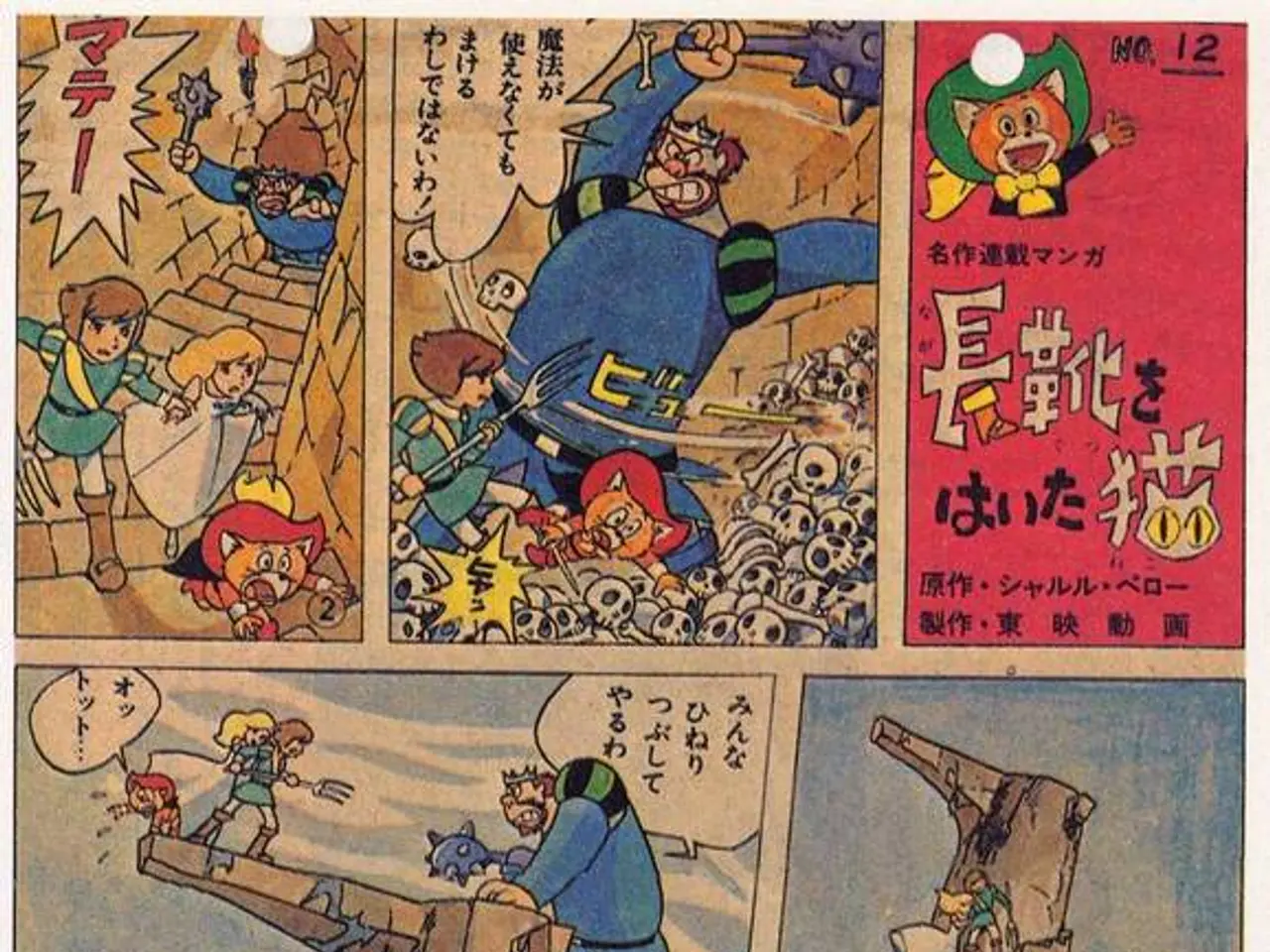Unveiling Hamlet's Revelations: A Look at the Authenticity of His Confessions
In the realm of literature, Shakespeare's Hamlet continues to resonate with contemporary society, particularly in the context of political corruption. In 1859, Charles Kean played the lead role in Shakespeare's Hamlet, Prince of Denmark at the Royal Princess's Theatre in London, interpreting the play as "a history of mind - a tragedy of thought" containing "the deepest philosophy, the most profound wisdom; yet speaks the language of the heart."
Kean believed the play dramatised life's recurring dilemmas, including the calamity of wicked government, the treachery of the envious, the primacy of virtue, and the blindness of fools. Hamlet's predicament involves deposing a deceptive, cunning, and murderous enemy who has the loyalty of bureaucrats.
On returning home, Hamlet is deeply troubled by his father's death and his mother's fast-track marriage to his uncle. His search for the truth leads him to encounter false friends, useful idiots, and unwitting pawns. The corruption in Denmark, symbolised by King Claudius's self-serving villainy, mirrors critiques of political corruption in America’s intelligence and political systems, where covert manipulation, surveillance, and insider self-interest can undermine democratic governance and public accountability.
Hamlet's experience of being watched, deceived, and morally conflicted resonates with the sense of ethical erosion and paranoia often discussed in contexts of intelligence community abuses. His paralysis and ethical wrestling—his deep struggle to act amidst moral ambiguity and surveillance—reflect broader existential concerns about how individuals navigate power structures rife with corruption without losing integrity.
The play's exploration of grief, doubt, and the search for truth amid pervasive deceit offers a framework for understanding contemporary political disillusionment and the struggle for moral clarity in an environment shadowed by surveillance and manipulation. Thus, Hamlet’s narrative acts as a metaphor for the corrosive effects of power and corruption, and the human cost of navigating political systems—like the intelligence community—in which truth and trust are compromised.
In recent times, the concept of faith has been discussed as a means to "take up arms against a sea of troubles." A retired CIA official, in a parallel story, did not notice the slide into corruption until she returned from abroad and was disillusioned and depressed by what she discovered. Virtue prevails in the end not because the good always win and evil always loses, but because Truth is eternal.
The Intelligence Community is deeply entrenched in the larger system, making complete dismantling and rebuilding difficult. The speaker compares the current situation to that of Shakespeare's Hamlet, suggesting a tragic end due to the "rotten something" that cannot be fixed. Marcus Cicero's enduring eloquence of virtue serves as an example of how Truth can persist for centuries.
Some have suggested solutions, such as building successor organizations concurrently before the full dissolution of existing agencies, but this is considered almost impossible. The final triumph of Hamlet, according to the speaker, lies in finding the truth and living by it. The young Danish prince Hamlet was away, studying at the University of Wittenberg, when his uncle Claudius murders his father, marries his mother, and usurps the crown.
In the end, Hamlet constitutes "the perfection of tragic art - the grand, the pitiful, and the terrible," as Charles Kean wrote in a laudatory preface for the play, characterising it as "the most stupendous monument of Shakespeare's genius." Hamlet takes a passive approach, waiting for his enemy's final act of aggression, a strategy the speaker suggests we will also take. The parallels between Hamlet's story and corruption in American political life provide a compelling lens through which to view and understand our own time.
[1] Source: Modern Drama, Vol. 52, No. 4 (Dec., 2009), pp. 564-582 [2] Source: The Journal of American Drama and Theatre, Vol. 21, No. 3 (Fall 2009), pp. 43-66
- The deepest philosophy inherent in Shakespeare's Hamlet echoes contemporary debates on political corruption, mirroring critiques of covert manipulation and self-interest within America’s intelligence and political systems.
- In the world of fashion-and-beauty, one might find the analogue of Hamlet's struggle for truth in the quest for authenticity amidst superficial appearances, a battle that speaks to the heart of individual integrity.
- As Hamlet navigated through a life marred by deceit and corruption, he grappled with ethical erosion and paranoia, paralleling discussions on intelligence community abuses and their detrimental effects on public accountability and democratic governance.
- Books, as timeless vessels of knowledge, share ironic similarities with historical figures like Hamlet, princes caught in the web of political corruption yet holding on to eternal truth.
- In the pursuit of life, liberty, and the freedom to think, philosophical ideologies like communism and milkitary strategies can lead to a complex interplay of power and virtue, akin to the dilemma Shakespeare's Hamlet presents in the realm of political intrigue.







